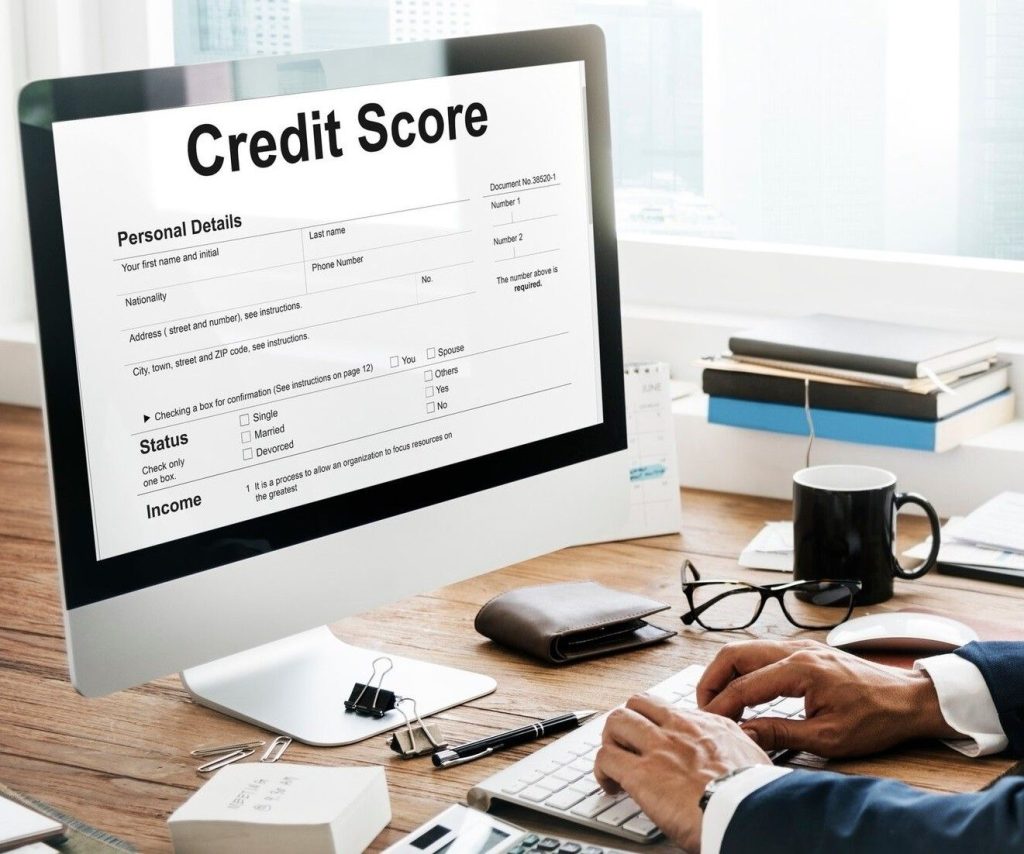Introduction
Your credit score is a vital financial tool that affects various aspects of your life, from securing a loan or mortgage to getting a better credit card with lower interest rates. A high credit score can save you money and open doors to new opportunities. If your credit score isn’t where you’d like it to be, don’t worry; there are practical steps you can take to boost it. In this blog, we’ll explore some strategies to help you improve your credit score.
- Understand Your Credit Report
The first step in boosting your credit score is to understand your credit report. You’re entitled to a free copy of your credit report from each of the three major credit bureaus (Experian, Equifax, and TransUnion) once a year. Review your report to check for errors, inaccuracies, or fraudulent accounts. Dispute any discrepancies you find, as these can negatively impact your score.
- Pay Your Bills on Time
One of the most significant factors affecting your credit score is your payment history. Paying your bills on time is crucial. Set up reminders, automate payments, or create a budget to ensure you never miss a due date. Even a single late payment can have a negative impact on your score, so consistency is key.
- Reduce Credit Card Balances
High credit card balances can harm your credit score. Aim to keep your credit card balances below 30% of your credit limit. This utilization rate is a significant factor in determining your credit score. Reducing your credit card balances not only boosts your credit score but also saves you money on interest.
- Avoid Opening Too Many New Accounts
Each time you apply for credit, a hard inquiry is placed on your credit report. These inquiries can have a temporary negative effect on your score. Limit the number of new credit applications, especially if you’re actively trying to boost your credit score. Focus on maintaining your current accounts and demonstrating responsible credit use.
- Diversify Your Credit Mix
Having a diverse mix of credit accounts can positively impact your credit score. This mix includes credit cards, instalment loans (like mortgages or car loans), and retail accounts. A well-rounded credit profile can show lenders that you can manage different types of credit responsibly.
- Keep Old Accounts Open
The length of your credit history is another critical factor in determining your credit score. Closing old credit card accounts can shorten your credit history and potentially hurt your score. If you have older, unused credit cards, consider keeping them open to demonstrate a longer credit history.
- Use Secured Credit Cards
If you have a low credit score or no credit history, consider getting a secured credit card. These cards require a security deposit, but they can be a valuable tool for building or rebuilding credit. Make small, regular purchases on the card and pay the balance in full each month.
- Negotiate with Creditors
If you have accounts in collections or are struggling to make payments, try negotiating with your creditors. They may be willing to work with you to create a repayment plan that you can manage. Paying off collection accounts can improve your credit score over time.
- Be Patient
Boosting your credit score is a gradual process. It may take several months or even years to see significant improvements. The key is to stay committed to responsible financial behaviour and continue implementing the strategies mentioned above.
Conclusion
A higher credit score can lead to better financial opportunities and lower borrowing costs. By following the steps outlined in this guide, you can improve your credit score over time. Remember to check your credit report regularly, make timely payments, reduce credit card balances, and maintain a mix of credit accounts. With persistence and discipline, you can boost your credit score and enjoy the benefits of improved financial health.






No comment